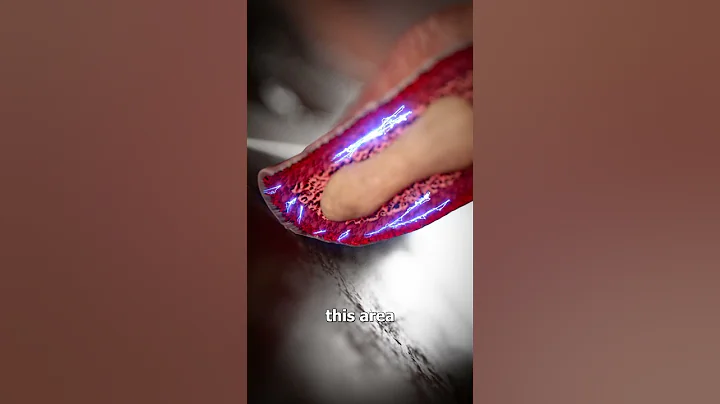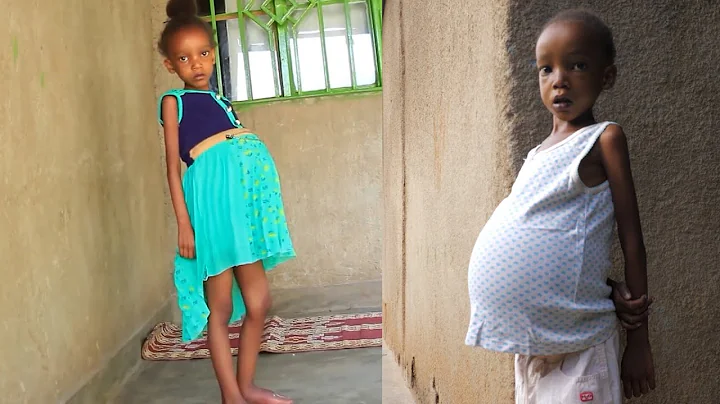In other words, infants and young children know how to use "fake crying" to deceive parents when they are half a year old.
survey confirmed that babies have unhappy expressions when they are about to cry and after crying. If the mother approaches, the baby's mood will immediately change, especially if the mother immediately moves away and approaches again, the baby will immediately smile.
Reddy, a professor of psychology at the University of Portsmouth in the UK, believes that babies "fake crying" in order to gain the care of their guardians and thus get the emotional response of their parents.

Therefore, once we see "fake crying" in infants and young children, we should consider whether we can provide timely emotional responses to children in daily life. Not only should the physiological needs of infants and young children be met, but also emotional responses need to be given.
Babies who can "fake cry" may be smart babies.
Most parents take care of their babies for the first time. When they hear the child's cry, they are at a loss. They cannot tell whether the baby is really crying or fake crying, and they do not understand how the child cries. The emotion expressed is that the baby cries and is a bad thing that is annoying.
But the fact is that children who like to fake cry may be smarter. There is no need for parents to think that crying is annoying .
1. Children who like to fake cry are a sign of intelligence
For babies, crying is their language. They express their needs to eat, sleep, feel sick and want to play through crying.
's use of fake crying is a demonstration of the expressive ability of infants and young children. At this age, using fake crying to improve expressive ability is more beneficial to the baby's emotional expression, making family connections closer, and perhaps more clever in the future.

2. Children who like to fake cry are better at observing words and expressions
Paying attention to adults may be able to see the key points of children's fake crying.
At first, most of the children just "howled" in a bluff, just to attract the parents' attention through crying. After using it many times and accumulating experience, the children will "fake cry" first, take a rest, and quietly observe the parent-teacher meeting. If you don’t respond, then see if it’s necessary to continue pretending to cry.
Their ability to "fake crying" has gradually improved, and their ability to observe words and emotions has also continued to improve. The babies not only express their needs through crying, but also take the opportunity to consider the actual reactions of their parents and then use more appropriate techniques to express them.
3. Children who like to fake cry are more sociable
Children who use fake crying to gain the attention of their parents are a better display of their expressive skills. With such intelligence, babies will have better communication skills from an early age and will be able to be in social interpersonal relationships in the future. There is a stronger level of friendship.

How to tell whether a child is really crying or fake crying?
Once parents see their children crying, they don’t know the reason. They just feel upset and upset.
Usually, only needs to carefully observe the child's essential performance to be able to identify real crying or fake crying.
When a child cries, stop for a while, quietly observe whether the adult will respond, and then continue crying. This type of crying is usually fake.

If the child keeps crying loudly, with tears falling one after another, and the mother pats the child softly, but the child still cries non-stop, this is true crying.
When the baby cries, we must first consider what the child needs at this time? Whether you are hungry, need to sleep, need water, etc. , parents are told through crying to express basic needs.

The child still pretends to cry when he is one year old. Adults need to discipline him a little.
Children like to fake cry because they have strong expressive ability. Once they reach one year old, the baby's self-awareness begins to awaken. If the parents do not discipline the child's fake crying, he will get used to it when he grows up. He uses crying to force his parents to agree to all his demands, and he won't stop making noises until he achieves his goal.
If a child fakes crying after one year of age, parents should first weaken the baby's dependence on such behavior.
If a child pretends to cry in order to get the attention of his parents and "makes trouble out of nothing", when there is no actual need, the parents do not need to react and just ignore it.
When children know that fake crying is useless, they will gradually correct their behavior and realize that adults have seen through the baby's little trick and this method is no longer useful.

In addition, parents should pay more attention to their babies and provide them with basic needs.
Children tend to fake crying, mainly because they need the care of their parents, or they may be too "lack of love".
Usually parents spend too little time with their babies, so after work, they should play more with their babies, establish a good parent-child relationship, let the children feel loved and cared for, and meet the baby's emotional needs. In the long run, the children will not need I used fake crying to gain my parents’ love.

Children who fake cry may appear to be "coming into direct contact" with their parents, but in essence they are craving for emotion. They can only attract parents' attention through fake crying.
When raising a baby, a mother should know why the baby is "making things out of nothing", and do her best to care for her baby, play with her baby, and satisfy her emotional needs. Otherwise, it will be a fake cry, but it will become a real cry.












